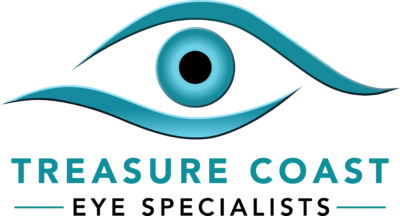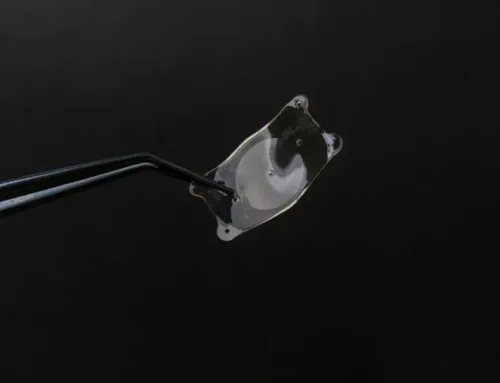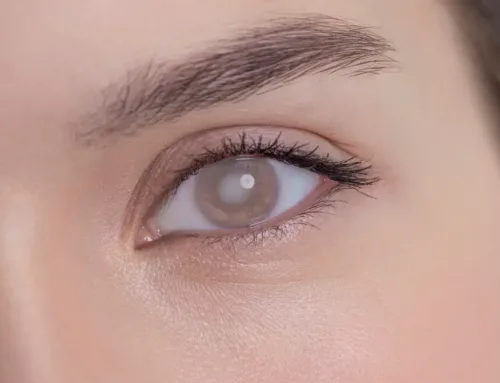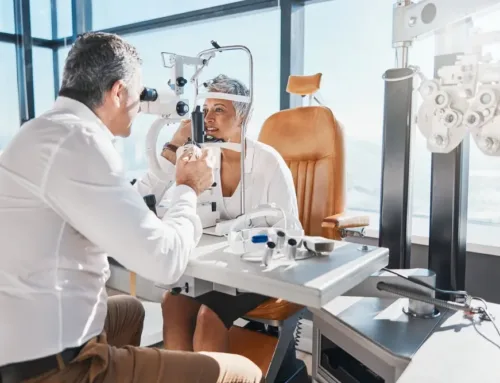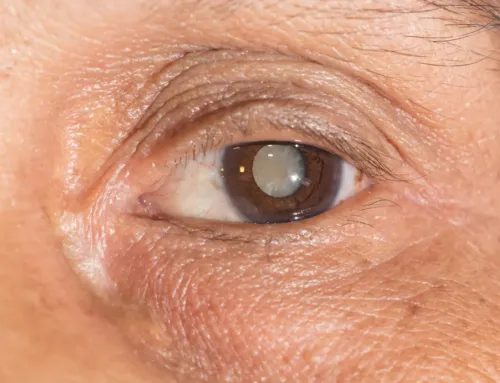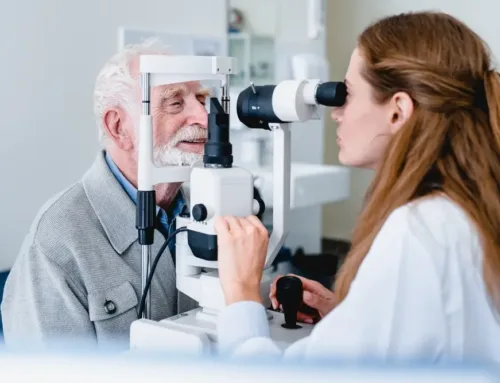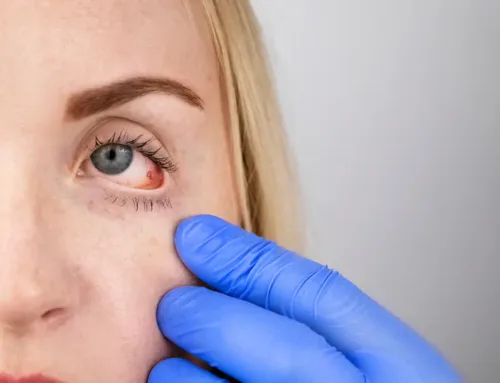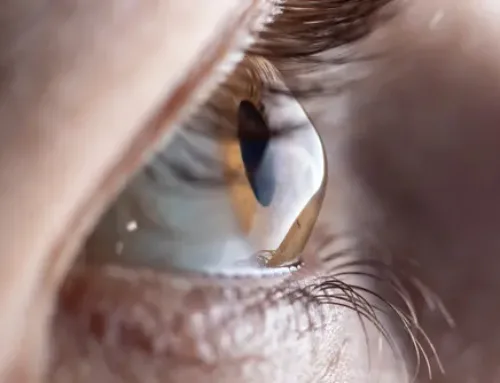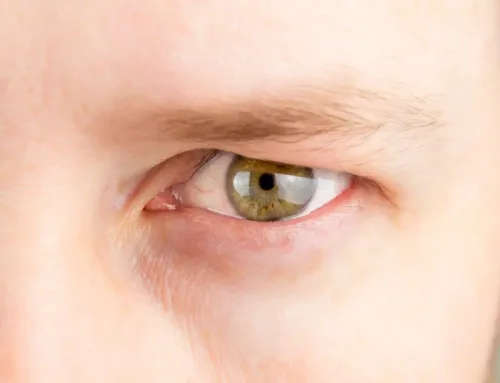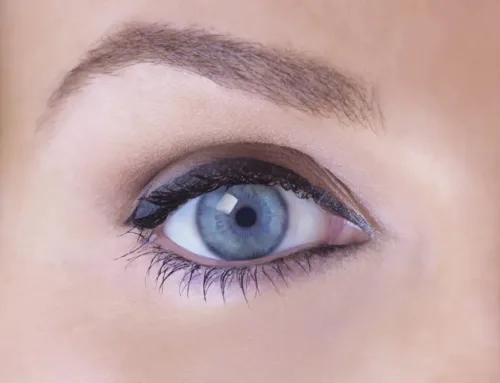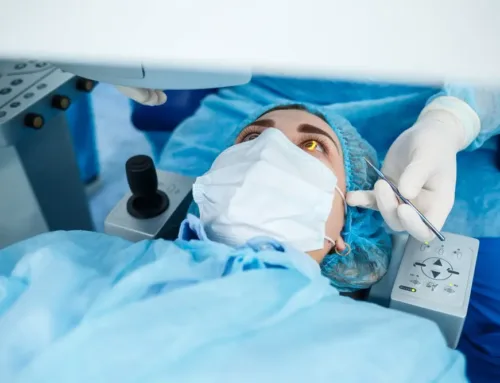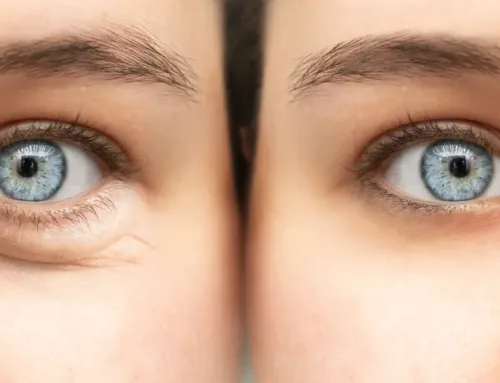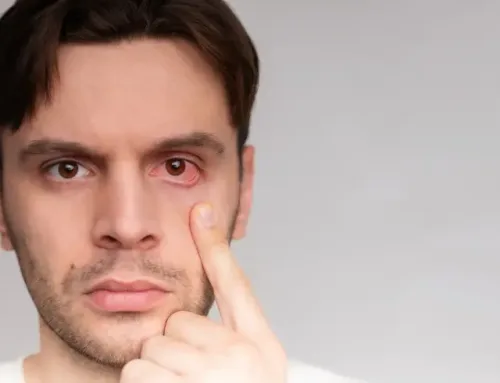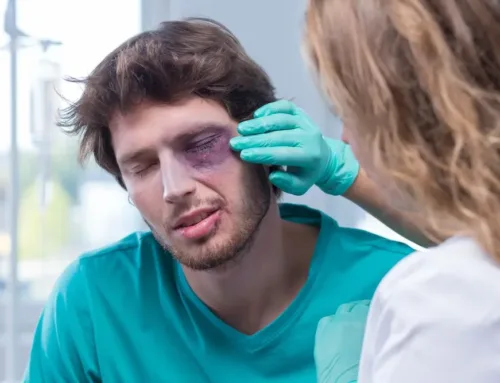Macular degeneration is a leading cause of vision loss worldwide. There are two types: dry and wet. Dry macular degeneration is the most common type and occurs when the light-sensitive cells in the macula slowly break down, causing a gradual loss of central vision. Wet macular degeneration, on the other hand, is characterized by the growth of abnormal blood vessels under the macula, leading to rapid and severe vision loss. By understanding this condition and its progression, we can take proactive steps to manage it effectively. 
The Importance Of Early Detection In Macular Degeneration
Regular check-ups with an ophthalmologist can help detect macular degeneration in its early stages. Using specialized tools and tests, the ophthalmologist can identify changes in the retina that may indicate the onset of the disease. If detected early, treatment options can help slow the progression of the disease and preserve vision.
Despite the importance of early detection, many people neglect regular eye examinations. This neglect can lead to late-stage macular degeneration, where the need for treatment is urgent and the stakes are high.
The Progression Of Macular Degeneration
Macular degeneration progresses through three stages: early, intermediate, and late. In the early stage, most individuals experience no vision loss. The intermediate stage may present mild vision loss, but some people may still not notice any symptoms. By the late stage, however, vision loss is noticeable and can significantly impact daily life.
Late-stage macular degeneration can be either dry or wet. Late-stage dry macular degeneration, also known as geographic atrophy, involves the gradual breakdown of light-sensitive cells and supporting tissue in the central retinal area. Late-stage wet macular degeneration, also known as neovascular or exudative macular degeneration, involves the growth of abnormal blood vessels under the retina. These vessels can leak blood and fluid, causing scarring and rapid, severe vision loss.
The Urgency For Treatment In Late-Stage Macular Degeneration
Without intervention, individuals with late-stage macular degeneration face significant vision loss, which can severely impact their quality of life. They may struggle with simple tasks like reading, driving, and recognizing faces. They may also experience difficulty in distinguishing colors or performing any detailed work.
While there’s currently no cure for macular degeneration, treatments can help slow its progression and manage symptoms. For late-stage wet macular degeneration, treatments may include injections into the eye to slow the growth of new blood vessels and reduce the rate of vision loss. For late-stage dry macular degeneration, there’s currently no approved treatment, but studies are ongoing to find effective therapies.
How Treasure Coast Eye Specialists Can Help
Treasure Coast Eye Specialists plays an instrumental role in treating macular degeneration. Our team of experienced ophthalmologists uses the latest diagnostic tools to detect macular degeneration and apply appropriate treatments.
For patients with late-stage wet macular degeneration, Treasure Coast Eye Specialists offers anti-VEGF injections, which can help slow the disease’s progression and manage symptoms.
At Treasure Coast Eye Specialists, we believe in personalized care. We work closely with our patients to understand their needs and concerns, provide education about their condition, and devise a treatment plan that suits their lifestyle.
Taking Action Against Macular Degeneration
Late-stage macular degeneration presents an urgent need for treatment. By understanding this condition and its progression, we can take proactive steps to manage it effectively. Early detection through regular eye check-ups, prompt treatment, and ongoing care can help preserve vision and maintain quality of life.
If you or your loved one is experiencing vision changes or have been diagnosed with macular degeneration, don’t hesitate to seek help. At Treasure Coast Eye Specialists, we’re committed to providing comprehensive, compassionate care for all stages of macular degeneration. Together, we can take action against this condition and work towards preserving your sight. Visit our office in Port St. Lucie or Stuart, Florida or Call 772-400-2400 or 772-286-0007 to schedule an appointment today.

